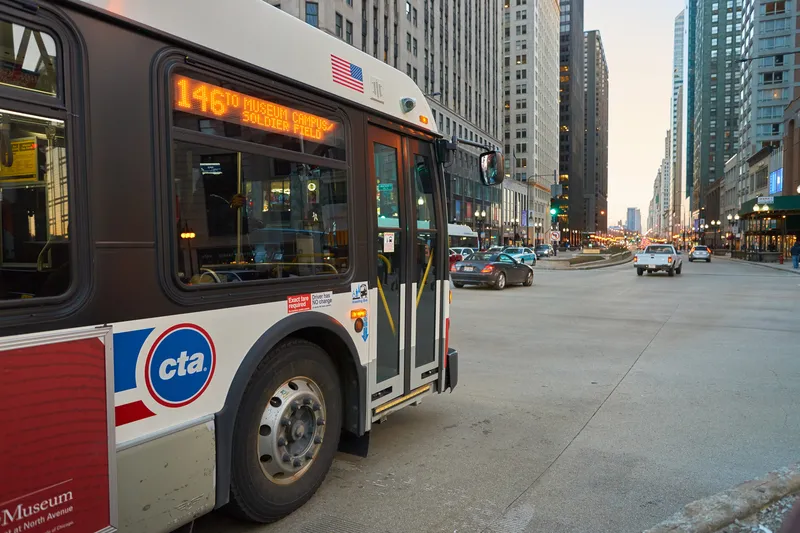
Metro Transit of Minneapolis-St. Paul has awarded a contract to Cubic Transportation Systems (CTS) to modernise the metropolitan region’s Go-To fare system.
Metro Transit will join other major cities, including New York, Chicago and the San Francisco Bay Area, in leveraging Cubic’s cloud technologies and real-time wireless and account-based processing solutions, while opening the system to contactless bank card acceptance.
Metro Transit’s 40 million annual riders will be able to tap their contactless bank cards, including Apple Pay and Google Pay, to seamlessly pay for fares with no need to separately procure a dedicated smart card or ticket.
For riders not carrying or wishing to use such bank-issued products, the Go-To card will be enhanced via registration with a powerful account management system. This will allow those users to load fare products such as stored-value and period-passes to their accounts through an enhanced range of channels including vending machines, the web and retail outlets.
The new regional system is designed to ensure equity across all user demographics while providing the maximum level of convenience to visitors as well as occasional and everyday riders. The platform is also designed to support a range of open interfaces to allow for flexible extensions over time including more powerful smartphone utilities and integration with additional modalities such as microtransit, ride-share, car share and parking.
The upgrade includes the replacement of the agency-hosted back-office fare management software with the most recent Cubic enterprise management system to reside in the Microsoft Azure Cloud. The new platform includes the latest release of Cubic payment gateway software - Cubic Payment Application - that is network certified to meet both PCI and EMV requirements. It also includes the processing logic to encrypt and protect bankcard data, allow flexible fare pricing and aggregate fare transactions to control processing costs.
In addition to the convenience for riders, Metro Transit operations will benefit from reduced operating costs associated with fare policy management, reporting operations and IT operations, along with more advanced security management and administrative tools. As part of the agreement, Cubic will provide Metro Transit with application support services for five years from launch of the new cloud-based system.
The complete range of fare terminals including those on over 2,000 regional buses and across 140 light rail, BRT and commuter rail stations will be upgraded with the latest state-of-the-art reader/processor technology to enable the new features supported by the cloud-based system. Buses will receive new multimedia contactless fare validators while station equipment will be upgraded in place, thus maximising return on investment by extending the useful life of this equipment.
Cubic has worked with Metro Transit on Go-To for nearly 20 years. “This provides regional transit riders the ability to use a contactless smart card to pay fares across the Twin Cities’ light rail, bus rapid transit and commuter rail operations,” said Matt Newsome, senior vice president at CTS. “These upgrades will not only foster a more efficient Metro Transit but one that enables a broad range of new rider conveniences to the traveling public.”
“These enhancements provide significant improvement in convenience for our visitors, tourists and occasional riders while preserving a full range of incentive and concession capabilities for all user groups,” said Dennis Dworshak, senior manager for fare collections at Metro Transit.








